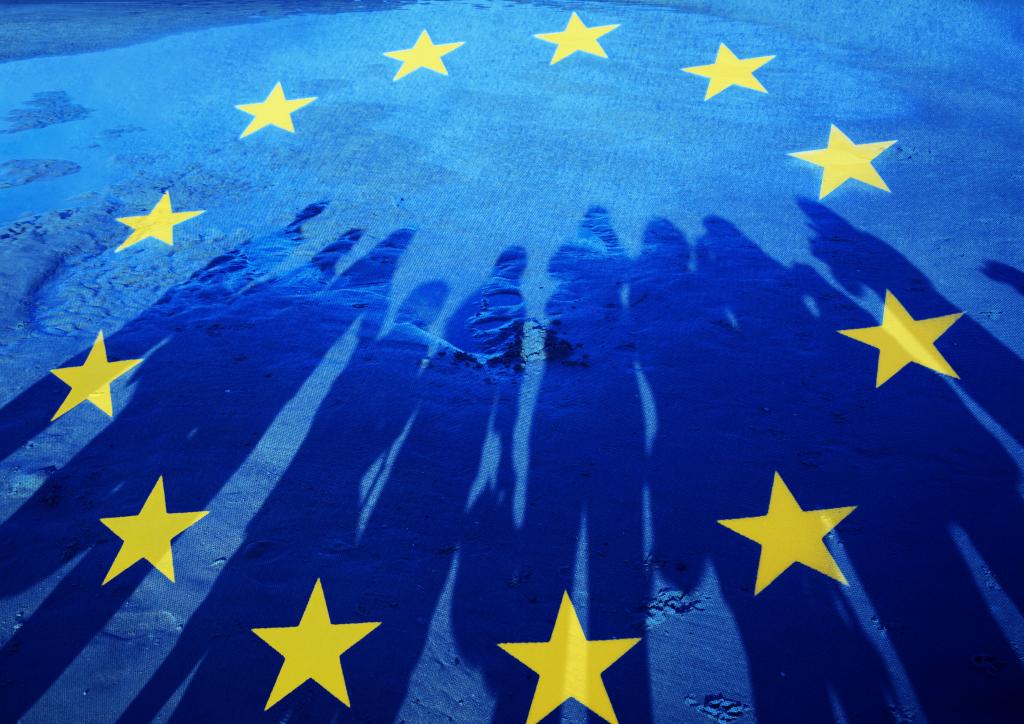In a recent article published in the Journal of Ethnic and Migration Studies, Alessandro Monsutti, Giulia Scalettaris and Antonio Donini document how the aspirations and the decisions of young Afghan men at the European Union’s south-eastern borders can be situated within a moral economy that has a twofold dimension. On the one hand, migration implies a social system of exchange and redistribution between young migrants and their relatives who stayed behind. It is underpinned by a code of conduct implying mutual obligations and collective responsibilities, by a system of values and solidarity, norms and social obligations that define what it means for them to be successful migrants and therefore ‘good men’. On the other hand, migration is characterised by a great pressure to succeed. Prompted by their quest for autonomy and recognition, and becoming increasingly aware during their journey that only a few of them will be able to settle down in Europe, the relationships among young migrants are imbued with competition and jealousy. Migration becomes a rite of passage into adulthood and obtaining protection in socially valued destinations in Europe amounts to accomplishing their mission. The hardship of the illegal journey emphasises the initiation dimension of migration, while at the same time making success an extremely demanding task.
A 22-year-old-man met in the Greek port city of Patras complained about the shallow path between the pressure to succeed and the shame to fail: “What can I say to my mother? That I live on a pile of waste? The worse thing is to lie to my mother. So, I tell my relatives that we have found a nice room and have good food. But it is tricky. We should not raise their expectations either… they will start asking us to send money back.” Symmetrically, a young Afghan who became an interpreter for the Italian border police in Bari, expressed his suspicion towards his fellow nationals and echoed surrounding discourses on fake refugees: “Many of them are economic migrants! If they really risked their life back home, why don’t they stop in Italy then? The fault is of all those Afghans who send nice pictures from Europe, tell their families that they found good jobs and underplay the dangers of the journey. This is an invitation for economic migrants”.
The relationships between young Afghans who reach Europe and their relatives who stay in Afghanistan, Pakistan or Iran might be characterised by growing disconnection due to pressure and unmet expectations, blame and culpability. In the context of the new migration routes that emerge against ever tougher living conditions in Pakistan and Iran, and restrictive immigration policies in Europe, many young Afghans struggle with failure. The hardship of the illegal journey emphasises the initiation dimension of migration while at the same time making success an extremely demanding task. The risks and traumas of the journey, the limited chances of obtaining refugee status, coupled with high social pressure and the breaking of social ties with family members and fellow travellers, foster competition among Afghans on the move and can ultimately lead to social exclusion.


